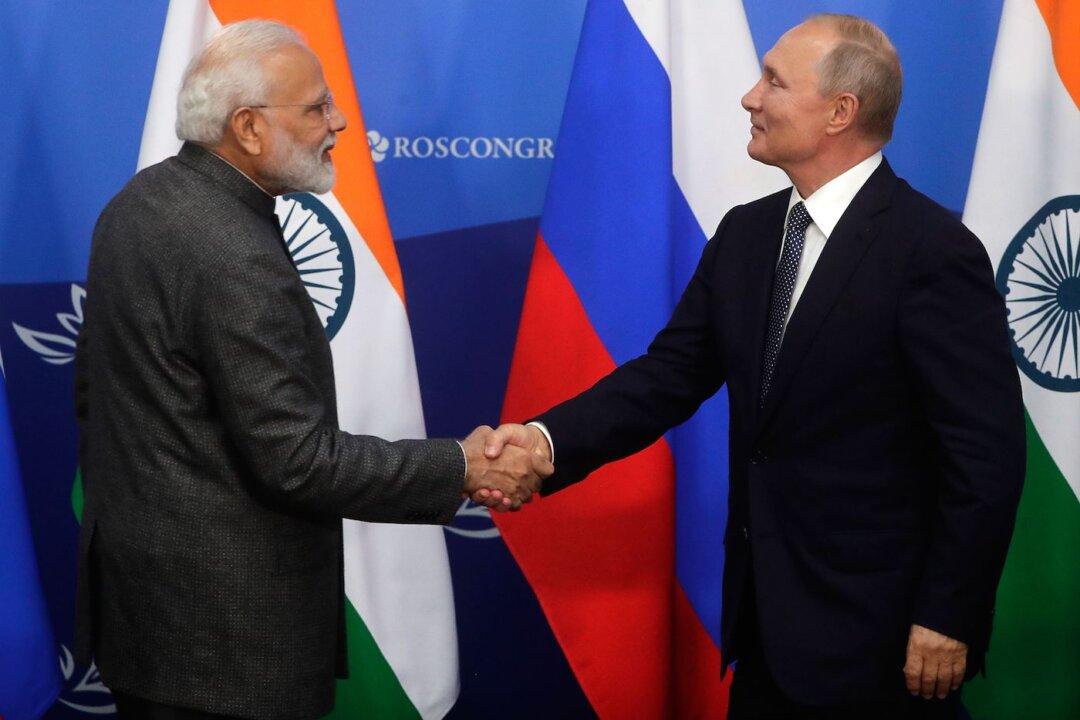Commentary
India is profiting from the blood of Ukrainians again. It’s buying Russian gas and oil at discounts only available because most of the world markets are shunning the tainted exports.

India is profiting from the blood of Ukrainians again. It’s buying Russian gas and oil at discounts only available because most of the world markets are shunning the tainted exports.